Lipid Profile (Cholesterol Test)
The Lipid Profile is a blood test used to measure different types of fats (lipids) in the bloodstream. It helps assess the risk of cardiovascular diseases such as heart attacks and strokes by evaluating cholesterol and triglyceride levels.
Key Components of the Lipid Profile:
- Total Cholesterol – Measures the overall amount of cholesterol in the blood.
- Low-Density Lipoprotein (LDL) – “Bad Cholesterol” – High levels can lead to plaque buildup in the arteries, increasing heart disease risk.
- High-Density Lipoprotein (HDL) – “Good Cholesterol” – Helps remove excess cholesterol from the bloodstream, reducing heart disease risk.
- Triglycerides – A type of fat stored in the body; high levels are linked to an increased risk of heart disease and pancreatitis.
- Very Low-Density Lipoprotein (VLDL) – A type of cholesterol that contributes to plaque buildup in the arteries.
- Total Cholesterol/HDL Ratio – A calculated value used to assess cardiovascular risk.
Why is This Test Important?
- Assesses Heart Disease Risk – Helps determine the likelihood of developing heart disease or stroke.
- Monitors Cholesterol Levels – Useful for individuals on cholesterol-lowering treatments or lifestyle changes.
- Detects Metabolic Disorders – High lipid levels may indicate metabolic syndrome, diabetes, or liver disease.
Who Should Take This Test?
- Individuals with a family history of heart disease
- Those with high blood pressure, diabetes, or obesity
- People with a history of smoking or an unhealthy diet
- Anyone undergoing cholesterol-lowering treatment
Regular lipid profile tests are essential for maintaining cardiovascular health and preventing complications related to high cholesterol.

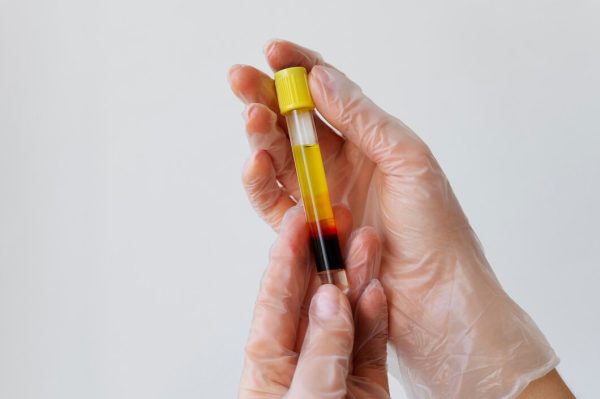
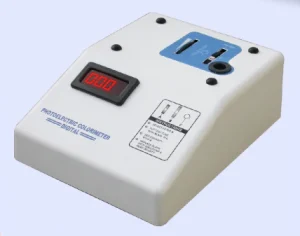
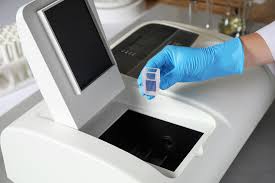
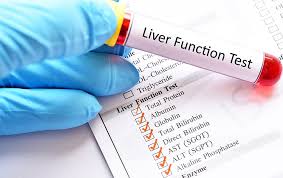


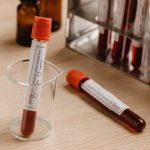

Reviews
There are no reviews yet.